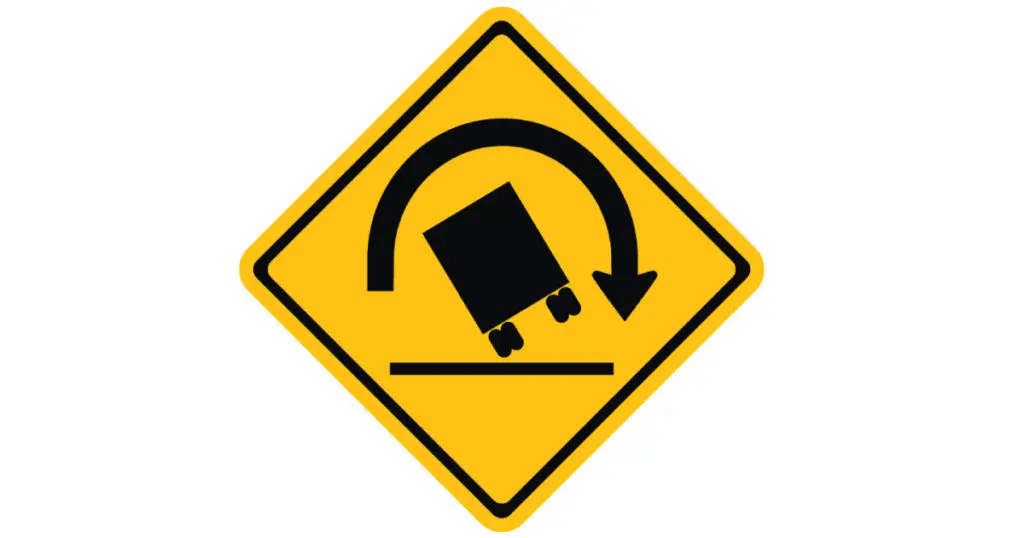When you drive a big rig, rollovers can happen. But, they don’t have to. Learn three myths and main causes of truck rollovers and what you can do to prevent them from happening to you.
Myth #1: Poor driving conditions cause the most rollovers.
Facts:
- Less than 4% of single vehicle rollovers are actually caused by roadway and environmental factors.
- Over half (56%) of rollovers happen on straight roads, not on curves or ramps.
- About two-thirds of rollovers happen in daylight.
- 93% of rollovers happen on dry roads.
Myth #2: Most rollovers are caused by reckless driving and speeding.
Facts:
- Speeding increases the risk of rollover accidents, but unnecessary speed is a factor in less than 50% of all rollovers. You might think your rollover risk is small as long as you don’t speed, but other factors like driver fatigue and distraction can also cause accidents.
- Evasive tactics are a factor in only a small percentage (5-10%) of rollovers.
Myth #3: Rollovers only happen to inexperienced drivers.
Fact:
- About 66% of rollovers happen to drivers with more than 10 years of driving experience.
Three Main Causes of Rollovers
So if most rollovers aren’t caused by external conditions, speed or inexperience, what does cause them?
- Driver error is responsible for over 75% of all rollovers. Rollovers can happen to anyone at any time, so you can never be too comfortable behind the wheel. Paying attention when you’re driving can prevent most rollovers.
- Vehicle condition can be a factor. In a recent Federal Motor Carrier Safety Administration (FMCSA) study, 54% of the vehicles involved in a rollover accident had a brake defect.
- Load size is also a factor. More than 90% of cargo tank rollovers happen while carrying partial loads. If you’re hauling liquids, it’s important to understand the “slosh and surge” effect of liquid loads. “Slosh” refers to liquid running up the sides of a tanker, which changes the tanker’s center of gravity, and “surge” refers to liquid shifting from front to back and then back to front when accelerating or braking.
How You Can Help Prevent Rollovers
- Slow down: Obey speed limits and take it slow around corners.
- Stay alert: Never fall asleep at the wheel or drive when you’re tired. Turning up the radio or rolling down your windows are not effective ways to keep you awake.
- Put down the cellphone: It’s extremely dangerous to text while driving and it’s also illegal. Don’t do it!
- Check your truck: Make sure your truck is working properly before your trip. You don’t want to be involved in a rollover or other accident because you didn’t check your brakes.
- Know your truck: Understand the design and performance of the type of truck you’ll be driving. For example, tankers handle differently than reefers or flatbeds.
- Secure your load: Always make sure loads are tied down properly. Shifting loads can easily lead to a rollover.
Always remember deadlines are important, but safety should be your number one priority. Thanks to our friends at Higginbotham for providing the tips!
Call 855-369-APEX (2739) to see how our Startup, freight factoring and fuel programs can help you keep more money in your trucking company where it belongs.
